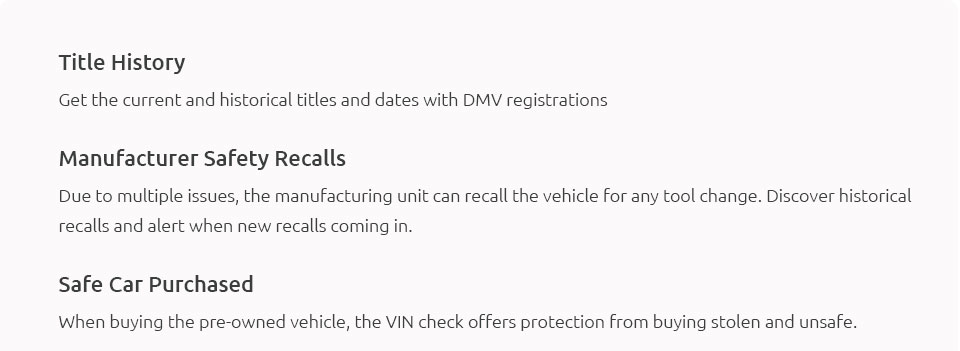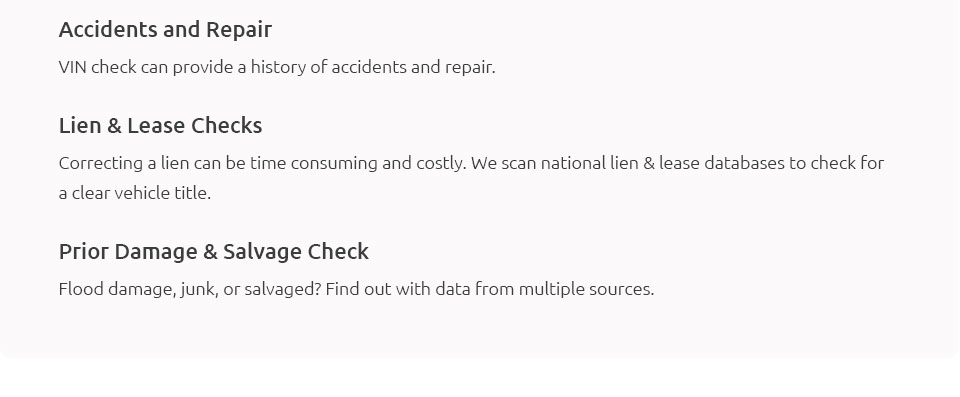 |
 |
 |
 |
 |
||
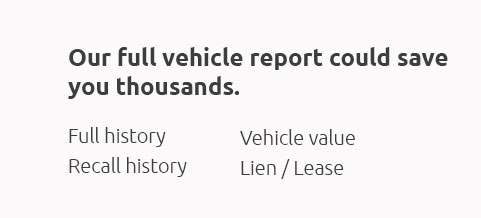 |
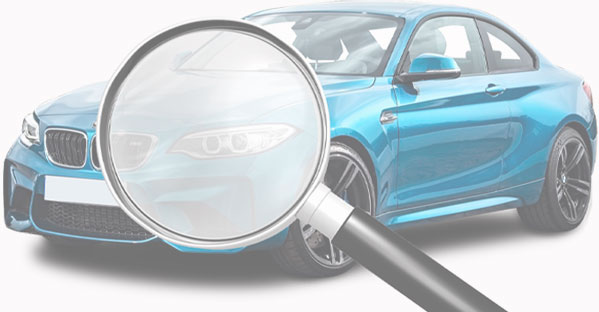 |
|
 |
 |
|
 |
 |
 |
 |
||
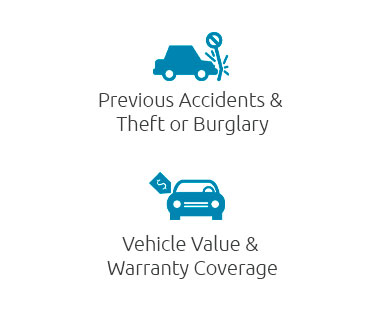 |
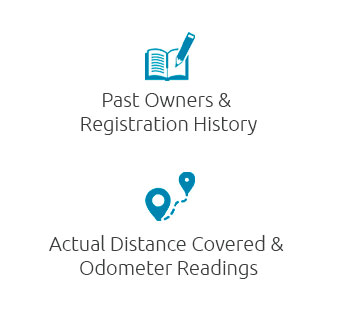 |
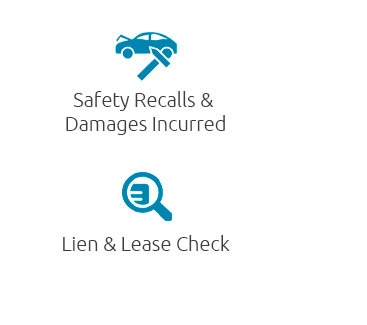 |
 |
 |
 |
||||
|
||||
 |
 |
Discovering Vehicle Ownership: A Guide to Tracing a Car by License PlateIn today's interconnected world, where information seems just a click away, the quest to find out who owns a car by its license plate is a topic that intrigues many. Whether you're a curious neighbor, involved in a fender bender, or just someone interested in the history of a vehicle, understanding how to access this information is crucial. Yet, navigating the legal and ethical landscape of such inquiries requires more than just a superficial glance.
First and foremost, it's essential to acknowledge that license plate information is not as readily accessible as one might assume. Due to privacy concerns and legal restrictions, obtaining the name and address of a vehicle's owner through their license plate number is often reserved for law enforcement or authorized entities. This limitation is primarily in place to protect individuals' privacy and prevent misuse of personal data. However, there are legitimate avenues one can explore to gather information about a vehicle, albeit not directly its owner's identity. One of the most common methods is conducting a Vehicle Identification Number (VIN) check. The VIN is a unique code assigned to every vehicle, much like a fingerprint, and can provide a wealth of information about the car's history and specifications. For instance, if you're interested in the detailed features of a BMW, you might consider using a service like bmw vin lookup features. These platforms allow users to gain insights into the car's model, year of manufacture, and sometimes its service history, without breaching privacy laws. In certain states, there are online services and databases that facilitate a deeper dive into a car's background. For example, in Nevada, the nevada vin search offers a comprehensive look into a vehicle's past, highlighting any previous accidents, recalls, or title changes. Such tools can be invaluable, particularly when purchasing a used car, as they provide a clearer picture of the vehicle's condition and history.
Thus, the task of identifying who owns a car by license plate is not straightforward and involves navigating through various legal and ethical considerations. It's a reminder of the balance between curiosity and privacy, urging individuals to tread carefully and responsibly in their pursuit of information. In conclusion, while the direct route to uncovering a vehicle owner's identity through a license plate may be blocked, there are still many ways to learn about a car and ensure its reliability. By leveraging VIN checks and respecting privacy regulations, one can gather essential data without crossing legal boundaries. Remember, the key is to use these tools wisely, ensuring that our quest for knowledge respects the privacy and rights of others. https://vincheck.info/free-license-plate-lookup/north-carolina-free-license-plate-lookup
By entering the license plate number online, you can quickly access the car's history, such as reported accidents or recalls. This tool is easy ... https://www.reddit.com/r/UnethicalLifeProTips/comments/17m8d1r/ulpt_request_how_can_i_find_a_cars_owner_with/
I should have read all the comments first, all I wanted was the owner who's parked in my spot- instead I paid for their statistics what a ... https://epicvin.com/license-plate-lookup/north-carolina
North Carolina License Plate Search Lookup North Carolina License Plates online to find out about the vehicle history by typing in a plate number for free ...
|

